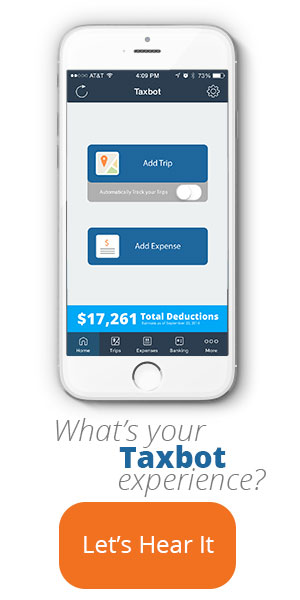TIP #3: Double Your Fun With Entertainment Deductions
What do you do for fun? Do you go to movies, sporting events, plays, or golf? Well the only thing better than doing something you love is writing it off! That way you get your fun and you save money!
The IRS allows you to write off entertainment if you are using it to grow your business and if you follow the rules.
Associated Entertainment
The IRS uses a fancy term for fun called “associated entertainment.” But for our purposes think of it as fun. If you follow the rules then you can deduct 50% of the cost of your fun and 50% of the cost of your client or prospects fun if you pay for them.
The Rules:
- You must bundle your fun activity with a serious business discussion before or after the fun.
- The discussion must happen in the same 24-hour day as the fun.
- The discussion must happen in a place conducive to business (i.e. talking business during a loud rock concert would not be conducive to business. However, if you went to dinner before hand and had a business discussion then you could go to the rock concert after and get the deduction).
What Do You Need to Prove It?
To prove to the IRS that your meal is deductible, you MUST record what we call the 4 Ws and the H.
- Who did you take out for the fun? (write down their full name)
- What type of entertainment? (movies, golf, etc)
- Where did you go? (name the restaurant)
- Why should this be considered a business expense? (Be specific about your discussion before or after the entertainment. For example: asked for referrals before the game and discussed introductions, etc.)
- How much did the entertainment cost? (enter the full amount)
You do not need a receipt for expenses that are under $75, but it is a very good idea to keep them anyway.
As you can see, there is a lot of information that is not available on your credit card statement. Many business owners write on each receipt who they met with and the notes for their business discussion.
Taxbot Makes It Easy: If you are using Taxbot, then all you have to do is snap a picture and then answer the questions the app asks to ensure your compliance!

Calculating Deductions
Entertainment expenses are 50% deductible. So if you go golfing, after a business meal, and you spend $65 for 2 rounds with a cart, you can deduct 50% or $32.50.
If you have season tickets to an event, then each event must be considered its own deductible event. If you take someone to an event and the ticket has a face value of $40, you can deduct $20.
You must be present at the event in order to deduct it as entertainment. For information on how you can deduct the tickets if you are not available to be there, please see the chapter on business gifts in the Education Library of your online account.
Entertain in Your Home
Your home is the #1 overlooked deduction by self-employed people. We covered this a little under our meals chapter. In case you haven’t read that chapter, we will review the rules.
- The primary purpose of the entertainment or meal must be business.
- There is no limit to the length of time the business discussion needs to be.
- It is best to keep business parties to fewer than 12 people (it is just easier to document and prove).
- Never combine personal and business events. Don’t invite clients to your son’s party to deduct the food, it won’t work.
Exceptions to the 50% Deduction Rule
There are a few exceptions to the entertainment rule that allow you to deduct 100% of your expense. They are outlined below.
Employee Outings can be deductible if you follow a few additional rules;
- All employees must be invited.
- The outing should be primarily for employees, not owners and their families.
Business Promotion or Research
This is a little trickier. For example: If you are a travel agent and you go golfing at a course to see if you would recommend it to clients, it can be 100% deductible. If you think you might qualify then talk to your CPA or tax preparer to get their opinion.
Charity Events
If you buy tickets to a charity event, you are not limited to the face value of the ticket(s). But, there are 3 rules that must apply:
- It must be for the primary purpose of benefiting a tax-exempt charity.
- All of the proceeds go to the charity.
- The event uses volunteers for the work performed.

|







